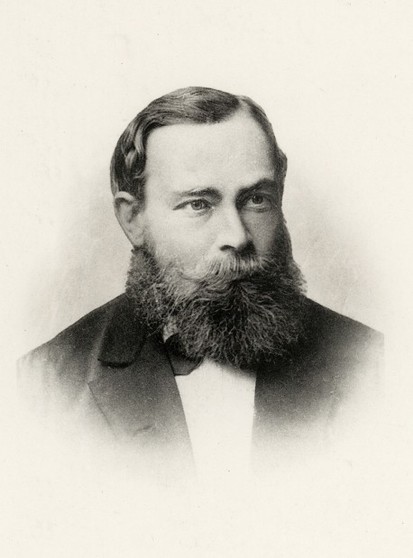Understanding Nick Land: askphilosophy
Nick #Land came up in a particular academic culture, that of “continental philosophy” in Britain in the 1980s and 1990s. Britain was then as it is now dominated by analytic philosophy: the tradition beginning (in disparate ways) with #Frege, Russell, Moore, the Vienna Circle, Wittgenstein, and so on. I won’t go into the details of that history, but the upshot is that by the time that Land was making his name so-called “Continental Philosophy”, which focused on European philosophers from whom the analytic tradition sharply diverged decades earlier, was sharply maligned in British academic philosophical culture to the extent that controversies around (for example) the award to Jacques Derrida of an honorary degree from Cambridge reached the newspapers.
“Continental Philosophy” doesn’t just mean “any philosopher from Europe”, but in anglophone philosophy departments was a label used for a particular subset of those European and particularly French philosophers who it was perceived had quite radical takes on philosophy and life, such as the aforementioned Jacques Derrida, Michel Foucault, and Gilles Deleuze.



